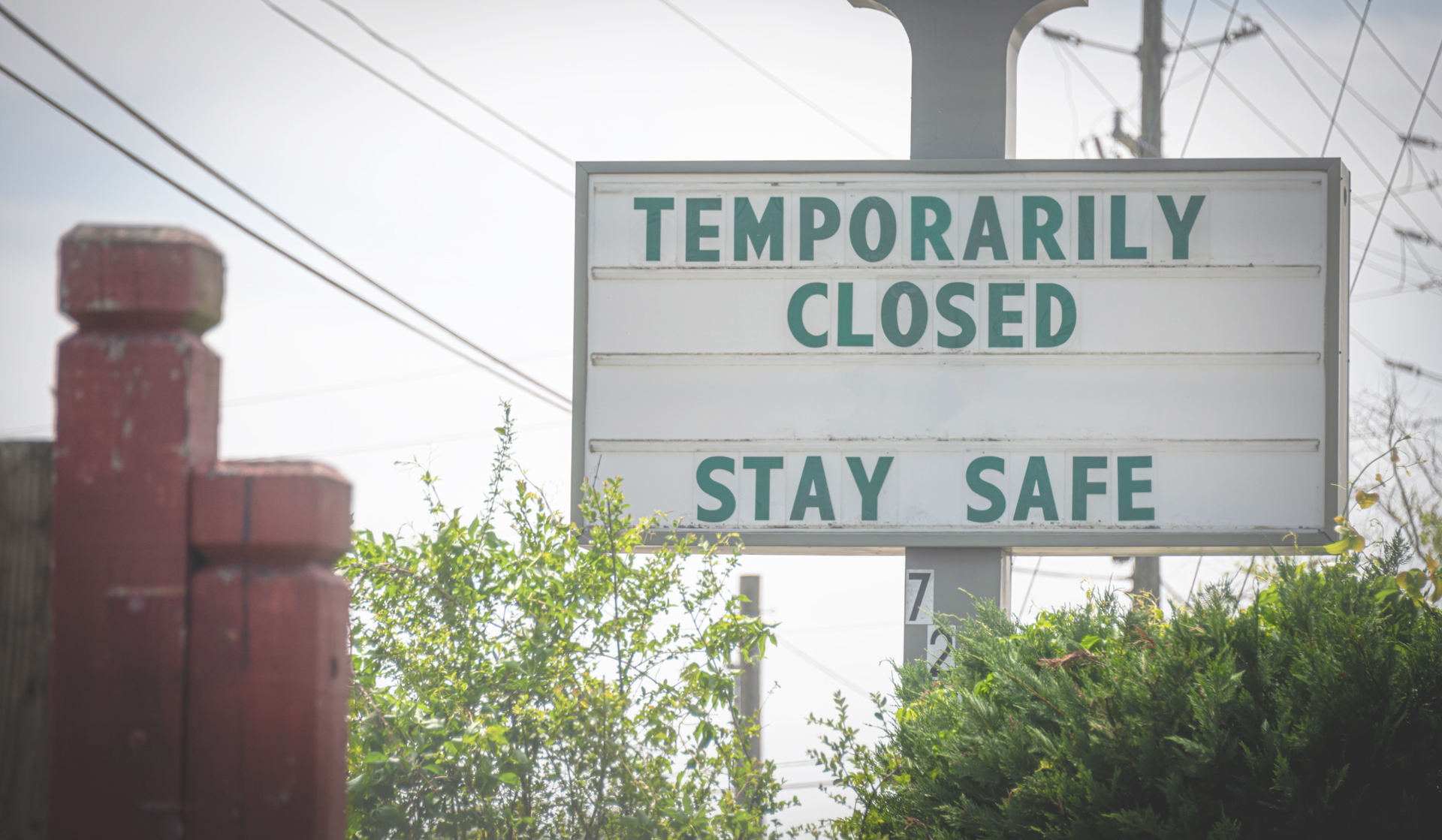The COVID-19 pandemic has lead to widespread quarantines and the shuttering of non-essential businesses all over the country. Florida Governor Ron DeSantis signed Executive Order 20-91 on April 1st, outlining stay-at-home measures for Floridians that took effect on April 3rd. Since then, many businesses have been unable to operate, and many of those that have been able to stay open have suffered significant financial losses.
These conditions have caused businesses to try and exit lease agreements as well as seek remuneration for their losses through their insurance policies. Many businesses are attempting to do so through force majeure clauses, although there has been significant resistance from opposite parties who seek to prevent the clause from being invoked. Because contract language can be difficult to navigate and no two contracts are the same, we’re here to help make things simple. We’ll go over what force majeure is and how you can effectively navigate contract disputes.
What Is Force Majeure?
Force majeure is a contract clause that frees one or both parties from their performance obligations when an unforeseeable event occurs outside of the parties’ control that makes performance impossible. Force majeure clauses usually dictate what events are covered by the clause, what specific remedies both parties are allowed to pursue in the event that a force majeure occurs, and what steps must be taken in order to employ these remedies.
Certain states have specific requirements for force majeure clauses. In Florida, any party that wants to invoke a force majeure clause must prove that the force majeure event was both unforeseeable and outside the party’s control. The party must show that they could not have prevented or overcome the event and there is no fault or negligence on their part.
What Is A Force Majeure Event?
Force majeure clauses will typically outline in the contract which events are covered as force majeure events. This can involve substantial negotiation to decide which events to include and exclude. Common force majeure events include:
- Any act of God such as a fire, flood, or any severe act of nature or weather event
- War or terrorist acts
- Epidemics and quarantines
- Government action such as changes in laws and regulation, condemnation, and eminent domain
- Union activities such as strikes or labor disputes
- Material shortages
Some force majeure clauses will extend what constitutes a force majeure event to any unexpected event outside of the parties’ control by including a clause at the end that states “and all other acts beyond the parties’ reasonable control.”
Force Majeure And COVID-19
The COVID-19 pandemic has made it impossible for many businesses to earn a living, fulfill their contractual obligations, or pay their lease agreements. It’s caused businesses to lose money due to quarantine measures as customers either refuse to or are unable to frequent non-essential businesses. Businesses are also losing money as they face workplace shortages due to illness or fear of contracting the virus. Material shortages are hammering businesses that are unable to obtain vital supplies due to the effect of the pandemic on manufacturing.
The devastating effects of COVID-19 on businesses have forced many of them to seek compensation from insurance companies through their force majeure clause. While pandemics are often constituted as force majeure events in contractual clauses, this is not always the case. Many insurance companies are refusing to pay out disaster claims because they do not view the pandemic as a force majeure event. Many businesses that are seeking to exit lease agreements under the force majeure clause are being threatened with lawsuits to prevent them from doing so.
How To Invoke A Force Majeure Clause
Because there is minimal legal precedent regarding the impact of pandemics on force majeure cases, navigating these clauses can be difficult. In order to receive insurance payouts or exit lease agreements, businesses seeking to take advantage of force majeure clauses should take several steps:
- Examine Your Contract For A Force Majeure Clause. The first step should be to look over the contract and see whether or not it contains a force majeure clause. If it does, examine the clause to determine whether or not a pandemic is covered under the list of force majeure events.
- Seek Legal Counsel. Legal counsel is essential to help you interpret the clause, determine whether or not there is legal precedent in previous cases, and decide what action to take.
- Determine What’s Required Of You. Certain force majeure contract clauses require the party to give notice of their inability to perform within a specific time frame. Be sure to analyze your clause closely to ensure you’re fulfilling what’s required on your end to employ available remedies.
Options Outside Of Force Majeure
If a business finds that its contract does not contain a force majeure clause or that the clause does not cover the pandemic, there are some other options they can employ. The Uniform Commercial Code contains language that excuses a party from performing under a contract due to impossibility or impractability, which is a potential legal defense that businesses can use in litigation.
Engaging Legal Counsel For Contract Disputes
With businesses all over the world seeking to invoke force majeure clauses to receive insurance payouts and exit lease agreements due to COVID-19, effective legal counsel is vital in order to be successful. An attorney can provide you with an educated view of what your force majeure clause covers and whether or not you’re capable of invoking it. They can also help you seek a different legal avenue to exit a contract or receive a payout.
If you’re in need of legal counsel to enforce or litigate contract disputes, Lubliner Law can help. Out staff of qualified attorneys are here to help you navigate your contract and do what’s best for your business. Call us today at 561-207-2018 to find out more about what we can do for your business!

 Force Majeure And COVID-19
Force Majeure And COVID-19 



